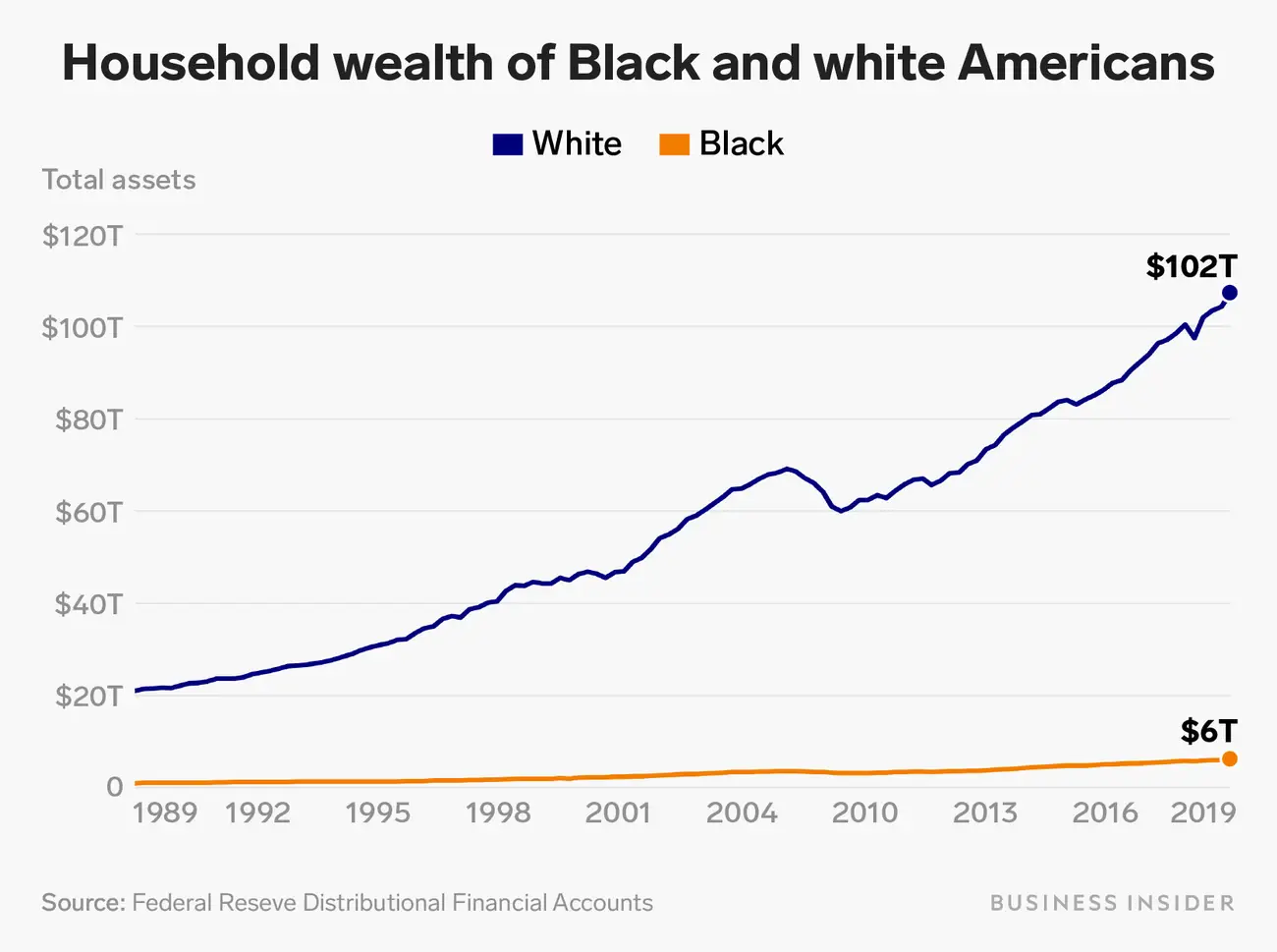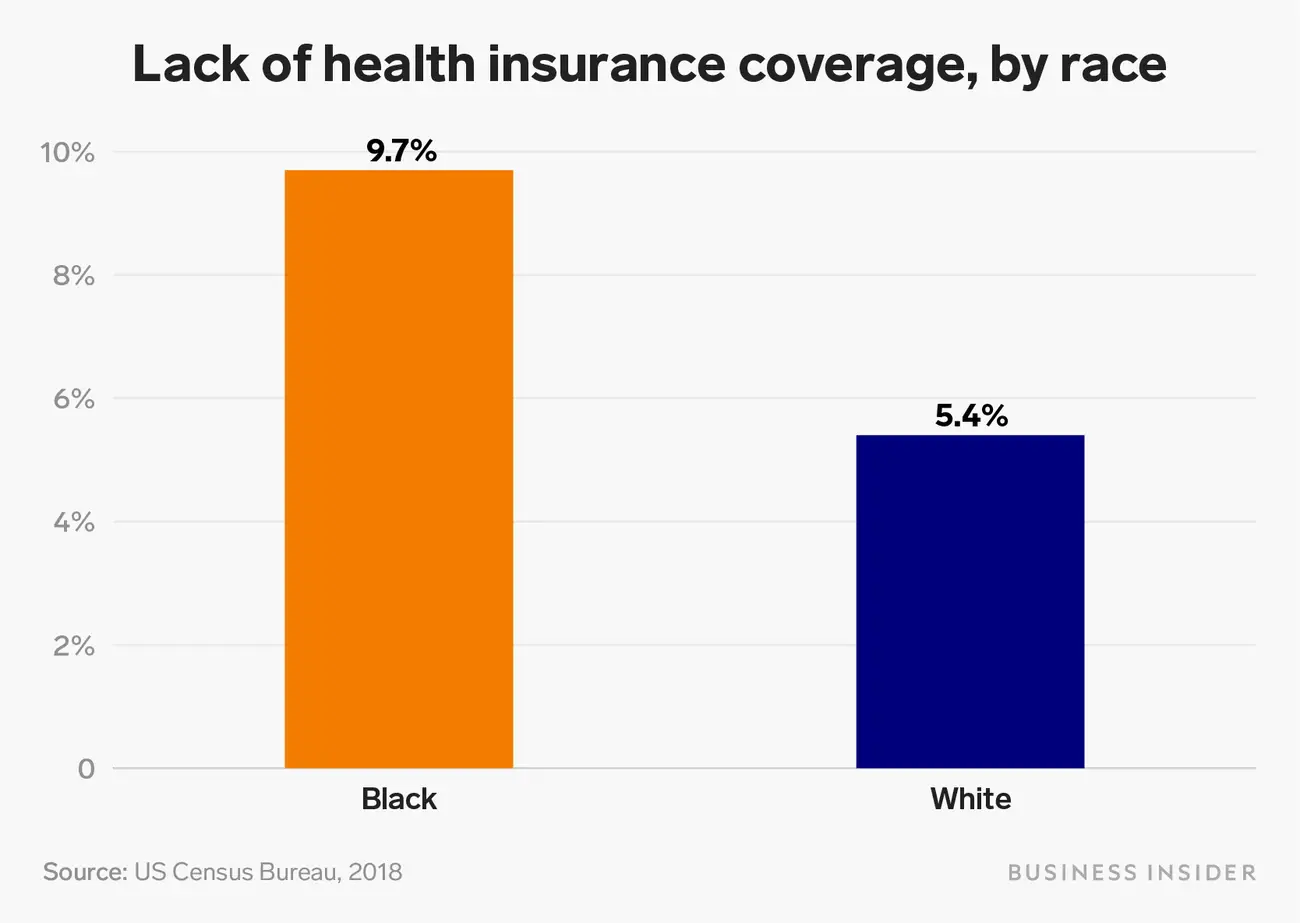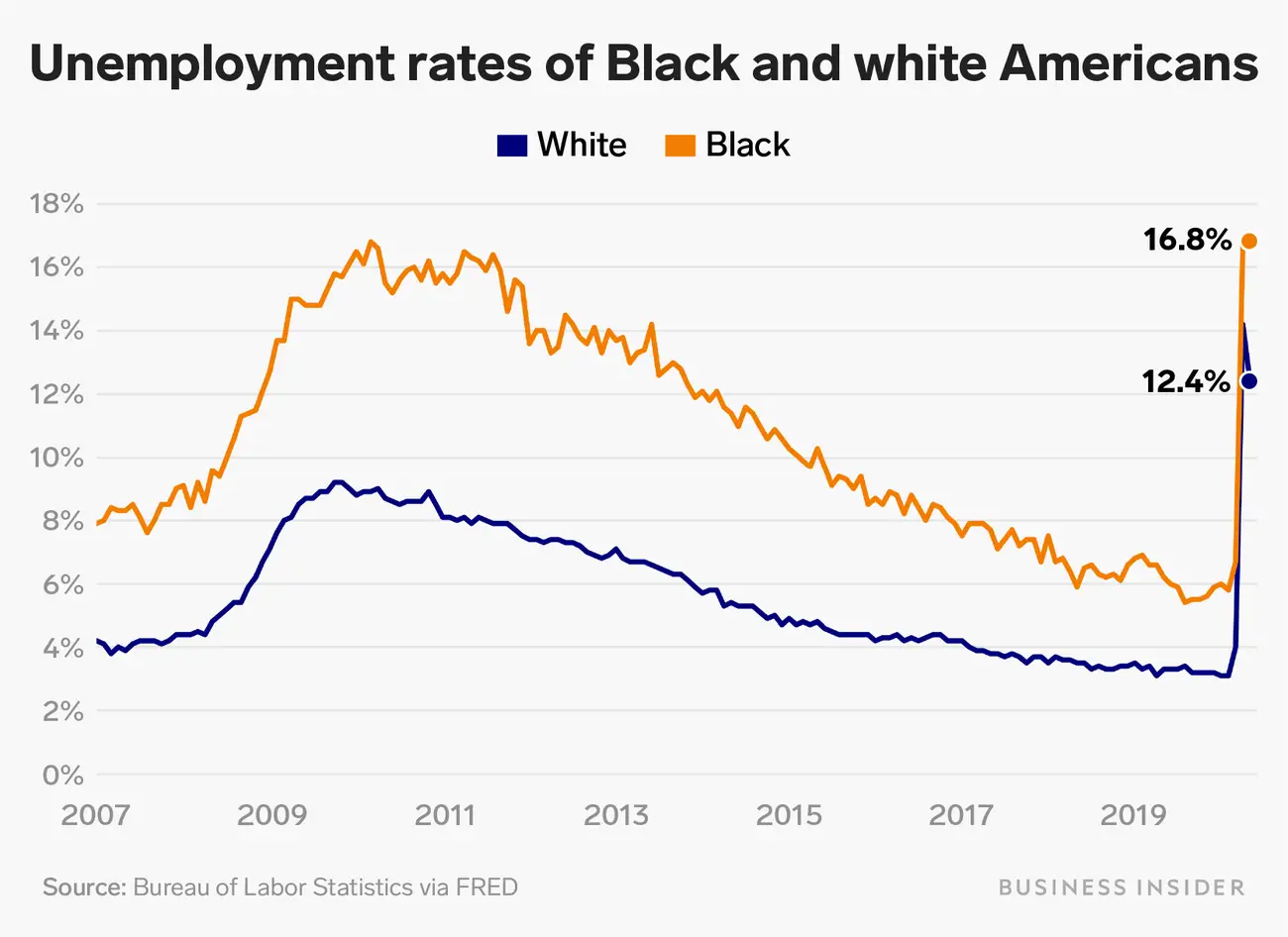
As an organization committed to advancing health equity and addressing the HIV/AIDS epidemic, Arkansas RAPPS recognizes the critical importance of understanding how race impacts public health. Racism, both structural and interpersonal, continues to shape social determinants of health and perpetuate disparities in healthcare access, treatment outcomes, and HIV/AIDS prevalence within Black communities. In this series of articles, we will explore the multifaceted ways in which racism manifests in healthcare both broadly and more specifically concerning HIV/AIDS for Black Americans. We will focus on 4 main areas: healthcare access, stigma and shame, social determinants of health, and criminalization and incarceration. For this first article, we will look at the impacts of racism on healthcare access.
Broadly speaking, Black Americans often face disparities in access to healthcare services compared to their white counterparts due to structural racism, which contributes to the unequal distribution of healthcare resources, limited availability of culturally competent care, and barriers to accessing quality medical services. Implicit biases among healthcare providers can lead to differential treatment based on race, resulting in delayed or inadequate care for Black patients, impacting decisions related to treatment options, pain management, and referrals for specialized care. Additionally, racial disparities in socioeconomic status, including income inequality, unemployment rates, and lack of health insurance coverage, further exacerbate barriers to healthcare access for Black Americans, as limited financial resources can hinder access to preventive screenings, medications, and necessary medical interventions. Moreover, Black communities often face geographic barriers to healthcare access, with fewer healthcare facilities and providers located in predominantly Black neighborhoods, while limited access to transportation and healthcare deserts exacerbate disparities in healthcare access and utilization.
As it relates more specifically to HIV, Black Americans are less likely to receive timely HIV testing and diagnosis compared to other racial/ethnic groups, as stigma surrounding HIV/AIDS within the Black community, coupled with mistrust of the healthcare system due to historical injustices, can deter individuals from seeking testing and early diagnosis. Even after diagnosis, Black Americans with HIV/AIDS may experience disparities in accessing and adhering to antiretroviral therapy (ART) and other treatment regimens, influenced by factors such as medication affordability, healthcare provider communication, and perceived discrimination within healthcare settings, all of which can impact treatment outcomes. Furthermore, structural factors, including limited access to comprehensive sexual health education, harm reduction services, and HIV prevention resources, contribute to higher rates of HIV transmission among Black Americans. This compounds with stigma surrounding HIV/AIDS and misconceptions about risk factors which even further impede prevention efforts within the community.
To effectively address the intersection of racism, healthcare access, and HIV/AIDS disparities among Black Americans, comprehensive and intersectional approaches are needed. Culturally competent healthcare, anti-racist training for healthcare providers, and community-based interventions can help mitigate racial bias and improve access to quality care. Additionally, advocating for policies that dismantle structural racism, including expanding access to healthcare coverage, implementing harm reduction approaches to drug policy, and decriminalizing HIV/AIDS, are essential steps towards achieving health equity for Black communities.
At Arkansas RAPPS, we are committed to advancing health equity, fighting against racism, and addressing the HIV/AIDS epidemic within Black communities. By acknowledging the multifaceted ways in which racism intersects with healthcare access and HIV/AIDS disparities, we can work towards implementing holistic and anti-racist approaches to healthcare delivery, policy advocacy, and community empowerment. Together, we can create a future where every individual, regardless of race or background, has equitable access to healthcare services and opportunities to thrive.
If you or someone you know is in need of sexual health related services, support, or information, please don't hesitate to reach out to Arkansas RAPPS. We're here to help.
Stay tuned for the next part of our series where we will explore the impact racism has on public health by way of stigma and shame.
.jpg)







Comentarios